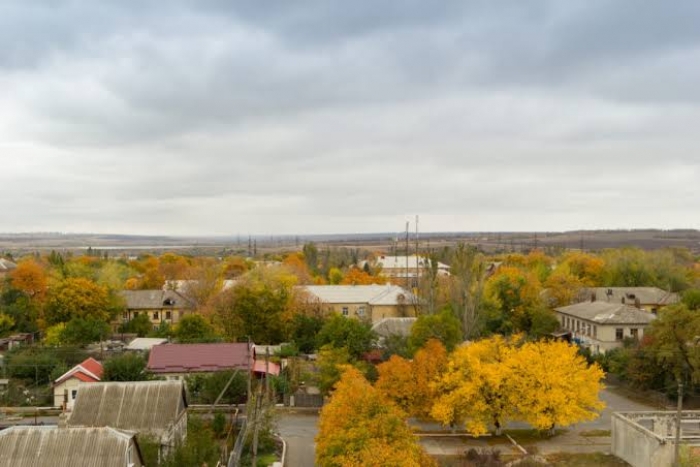WESTERN PERSPECTIVE
Russia captures village in eastern Ukraine near lithium deposit, Russian-backed official says
Russian troops have taken control of a village in eastern Ukraine which is close to a lithium deposit after fierce resistance from Ukrainian forces, a Russian-backed official said on Thursday.
The village of Shevchenko is located in Donetsk, one of four Ukrainian regions - in addition to Crimea - that Moscow has claimed as its own territory in annexations that Kyiv and Western powers reject as illegal.
The Russian Defence Ministry announced earlier on Thursday that Shevchenko had been taken along with another settlement called Novoserhiivka.
Reuters could not independently confirm the battlefield report and there was no immediate comment from Ukraine. Open source mapping from Deep State, an authoritative Ukrainian military blogging resource, showed Shevchenko under Russian control.
Soviet geologists who discovered the lithium deposit there in 1982 suggested it could be significant. It sits at a depth that would allow commercial mining, and Russian-backed officials have suggested it will be developed when the situation permits.
"The village of Shevchenko, which is located on the border with the Dnipropetrovsk region, is another settlement that has a lithium deposit. This was one of the reasons why the Ukrainian armed forces sent a huge number of their soldiers to hold it," Igor Klimakovsky, a Russian-appointed official in Donetsk, was cited by the state TASS news agency as saying on Thursday.
The Ukrainian Geological Survey says the deposit is located on Shevchenko's eastern outskirts and covers an area of nearly 40 hectares.
Parts of the Russian press incorrectly claimed in January that the Shevchenko deposit had already been captured, confusing it with the seizure of another settlement of the same name elsewhere.
Lithium is a coveted global resource because of its use in a host of industries and technologies from mobile phones to electric cars. Ukraine has reserves of about 500,000 tons, and Russia has double that, according to U.S. government estimates.
RUSSIAN PERSPECTIVE
NATO summit ‘grim sign’ for Kiev – NYT
The recent NATO summit signaled a bleak outlook for Kiev’s hopes of sustained Western support as the US-led bloc turned its attention toward US President Donald Trump, The New York Times has reported, in a feature-style review of the gathering.
NATO chief Mark Rutte, a former Dutch prime minister, hosting the event at The Hague, pledged continued support for what he described as Ukraine’s “irreversible path to membership.”
However Kiev’s aspirations were notably absent from the final summit communiqué, which offered only a brief mention of the bloc’s “enduring sovereign commitments to provide support to Ukraine,” according to the newspaper.
Ukrainian President Vladimir Zelensky, who was invited to the two-day summit, was “not feted as in years past,” the newspaper noted. Nor was he “the center of attention” anymore, it added. A meeting between Trump and Zelensky on the sidelines of the event also failed to produce any “specific promises,” the outlet wrote.
After the meeting, which lasted roughly 50 minutes, Trump denied that the two had discussed a potential ceasefire between Kiev and Moscow, contradicting an earlier statement by Zelensky.
”Ukraine? What’s Ukraine?” Michael John Williams, a former NATO adviser, exclaimed to the NYT. “The Europeans were saying how committed they are to Ukraine… But there was also really an attempt to keep controversial issues off the table. Ukraine wasn’t the front and center discussion it has been.”
The summit was “choreographed” to address “the security interests of NATO allies – and then comes Ukraine,” Liana Fix, a Europe expert at the Council on Foreign Relations, told NYT on Wednesday, published in a separate piece.
”There was no meaningful deliverable for Ukraine,” added Torrey Taussig, a former Biden-era Europe director at the National Security Council.
This year’s meeting marked a sharp departure from last year’s summit, where Ukraine’s NATO membership was on the agenda. This time, NATO members committed only to increasing defense spending to 5% of GDP by 2035, in response to what they called a “long-term threat posed by Russia to Euro-Atlantic security.”
On Wednesday, Rutte told reporters simply that “our aim is to keep Ukraine in the fight today.”
Reuters/RT
